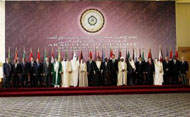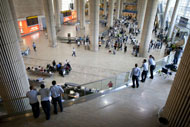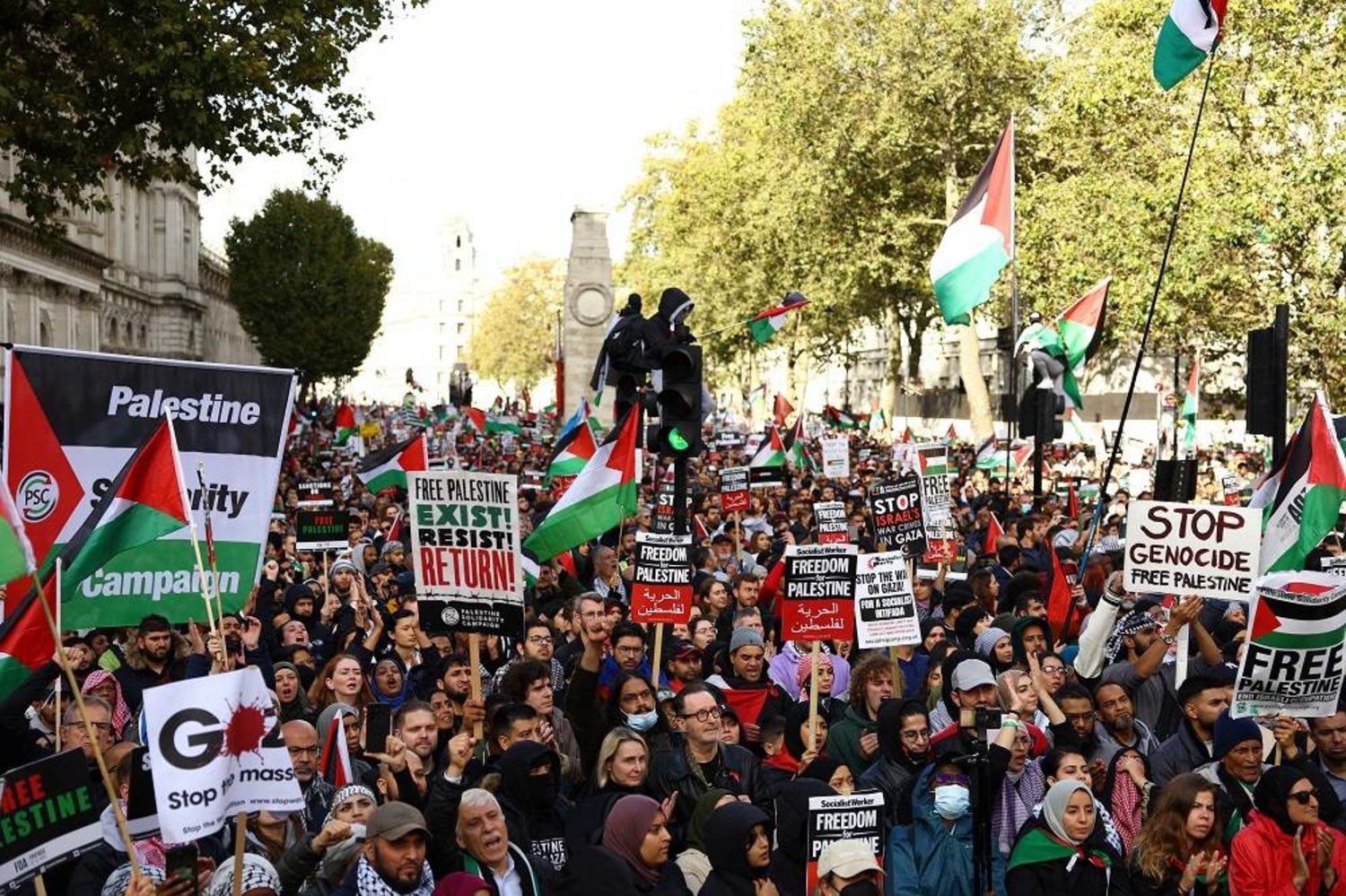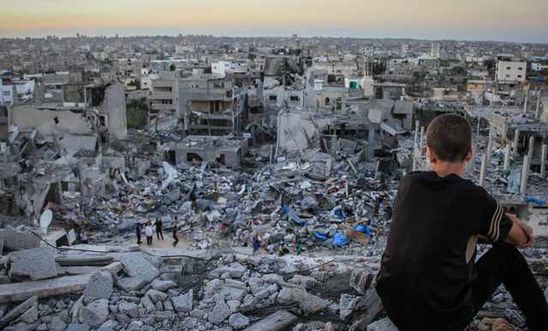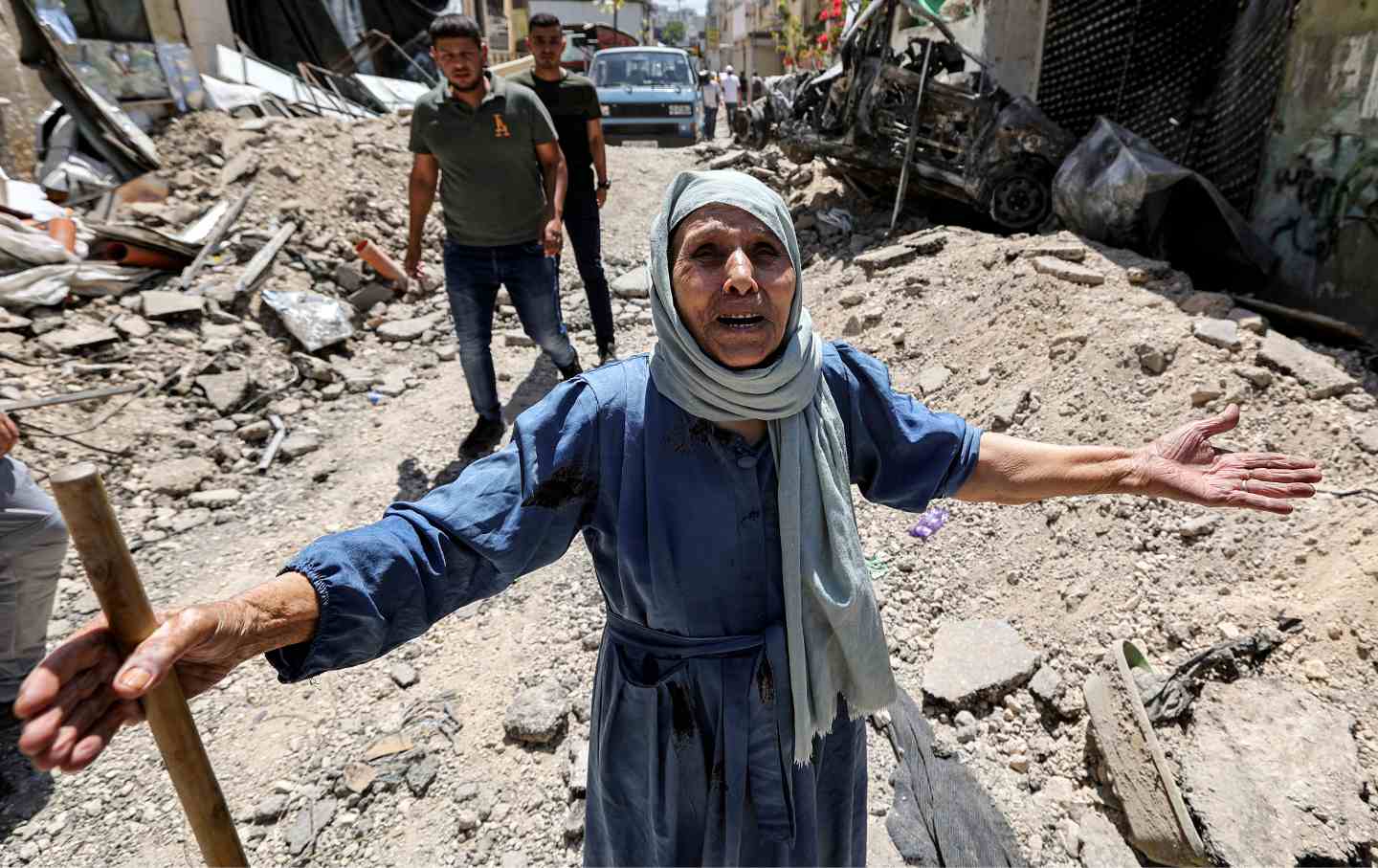On March 30, the 21st Arab Summit closed in Doha, Qatar in the presence of 17 of the 22 heads of state from Arab member countries. It was business as usual for the Arabs, with each representative ticking off a list of grievances, including the recent international arrest warrant issued against Sudanese President Omar Al Beshir and the ubiquitous Israeli-Palestinian conflict.
In addition, the old/new issue of the Arab Initiative was raised, like at every other Arab summit since its creation in 2002. During his speech, Syrian President Bashaar Al Assad called on his Arab brethren to suspend the initiative towards Israel, saying the Arabs "do not have a real partner in the peace process," thus effectively turning the tables on Israel's long and overused excuse for impasses in negotiations. In their final statement, the Arabs however, did not stray far from their expected jargon, continuing to call on Israel to accept the initiative. They did however, add that there should be a "precise time limit" for Israel to honor its commitments.
Unfortunately, the way things stand today, the initiative offered by the Arabs does not seem to have any means of practical implementation on the ground, thanks to Israel. It is the same argument recently circulating within Palestinian circles regarding the viability of the two-state solution. Politicians can talk, negotiate, compromise and present initiatives until they are blue in the face. But as long as Israel maintains the status quo in the Palestinian territories and continues to consolidate its illegal occupation on the land with every passing day, these arguments will remain just that – words that bounce back and forth against the brick wall that is Israel.
Still, for argument's sake, let it be clear that the Arabs offered an extremely significant initiative, groundbreaking, if the history between the Arabs and Israel is to be taken into consideration. At the Beirut Arab summit in 2002, Saudi Crown Prince Abdullah Bin Abdul Aziz presented the Arab Peace Initiative, which received the full backing from the 22 Arab member states. In a nutshell, the Initiative offers normalized relations between the Arab world and Israel in exchange for a full Israeli withdrawal from Palestinian and Arab territories occupied in the 1967 war. Given the fact that among the Arab states, only Egypt and Jordan have signed peace agreements with their Jewish neighbor, the initiative marked a major change in possible Arab relations and a softening of their staunch [albeit theoretical] stance that began after Israel's creation in 1948. This was the first time that the Arab world officially recognized Israel and offered it "normalization" in the context of a comprehensive peace that would put the Palestinian problem – a nagging nuisance to the Arabs - to rest once and for all.
It was not, however, seen as a golden opportunity by Israel, which dissected the initiative over the years, chipping off percentages of land, shaving off phrases about the refugees and Jerusalem and watering it down to ridiculous proportions for which even the most acquiescing of Arabs could not bend that far backwards.
As a result, the initiative is still sitting snug in the corridors of the annual Arab summits, brought up for routine endorsement on a regular basis. This year, at least, the Arabs said the initiative would not be on the table forever, warning Israel that it is not an "open ended offer."
Talk about missing opportunities. If the world thinks the Palestinians are good at "never missing an opportunity to miss an opportunity" than the Israelis are even better. If the Arab world opens its doors to Israel, there is no telling the extent of prosperity the latter would enjoy. Trade relations with Arab countries, tourism, and an end to international criticism and boycotts would all be there for Israel's taking. It could finally define its borders, pat itself on the back for finally being accepted by the Arab world and basically sit back and reap the benefits of the day.
However, as we all know, this would require one very essential move by Israel – a move it is not willing to make, which is ending its occupation. Israel would love nothing better than to have normal relations with the Arabs, but it wants it on its own terms. Hence, it is willing to continue in its capacity as a pariah state for a few more years until it has put the final touches on its master plan. It has no intention of sharing Jerusalem or ending its illegal occupation over the eastern sector of it no matter what the international community or international resolutions say. It does not plan to dismantle the major settlement blocs in the West Bank and around Jerusalem despite their flagrant illegality. No one sees Israel dismantling the cement wall and barbed wire it erected around and within the West Bank, which is not so much a deterrent to "Palestinian terrorists" as it is a de facto border and tool for more land grabbing. On the contrary, as Israel continues to feign a desire for peace on the one hand, with the other it keeps carving out the land thus obliterating any possibility for a viable and contiguous Palestinian state in the future.
In this context, it is no surprise why Israel has yet to accept the Arab Peace Initiative. It goes hand in hand with the two-state solution, which the Palestinians and the international community at large have been calling for since 1988. The only possible way a two-state solution could be a viable option would be if Israel reverses all of the measures on the ground, which it began in 1967. This would mean the dismantlement of each and every settlement, the acceptance of [east] Jerusalem as Palestine's capital and a just solution to the refugee problem. We have all witnessed the ill fate of truncated solutions, which should convince Israel and the world that only a solution such as the Arab Peace Initiative could serve as a catalyst for an end to this conflict. Israel should grab this opportunity when peace is still on the table and forever relinquish its expansionist vision. Because there is no telling what will happen once it's off.




